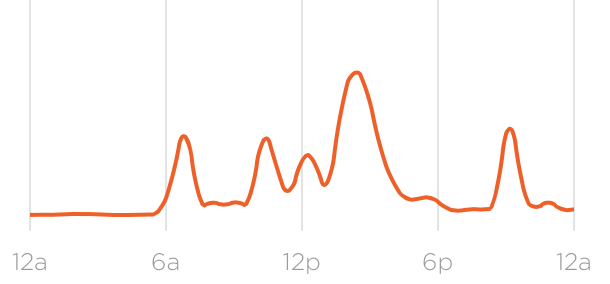The anthropology of the Quantified Self

increasing penetration of data into the domain of the “personal†and to the management and care of the self suggest that something is afoot in how the self is understood, experienced, and practiced more broadly, argues cultural anthropologist Jamie Sherman of the Intel Corporation.
Understanding this shift becomes important as we design for a world in which data plays new roles and gains different valences than it once had. While the future remains an open question, social science theory helps ground present uncertainties in historical trajectories and suggests key directions for research and design that intersect these changes.
“I find in the quantified self, both continuity with the kinds of internalized surveillance captured by Michel Foucault in his analysis of governance in the 18th and 19th centuries, and the kind of disruption that Walter Benjamin ascribes to the acceleration of images and film in Europe shortly before World War II. More importantly, Foucault becomes a useful lens toward situating the quantified self within a larger context of social, political, and economic structures. Benjamin, meanwhile, is suggestive for understanding how the mechanisms of quantification may work to reshape the self in ways that move beyond the specific projects of self improvement that animate the practice and preoccupy most mass media and industry analyses. Drawing on these theories, then, offers this applied anthropologist an important platform for adding value to the company I work for by pointing toward, and contributing to, longer-term roadmaps.”



